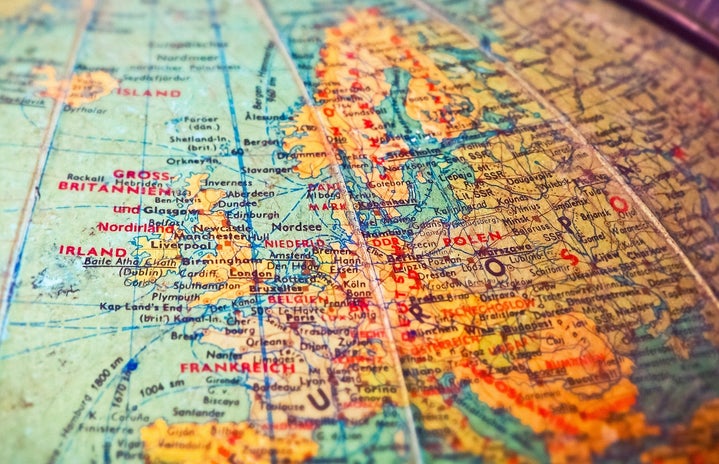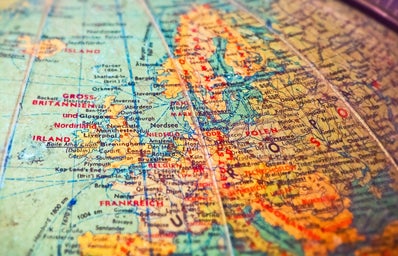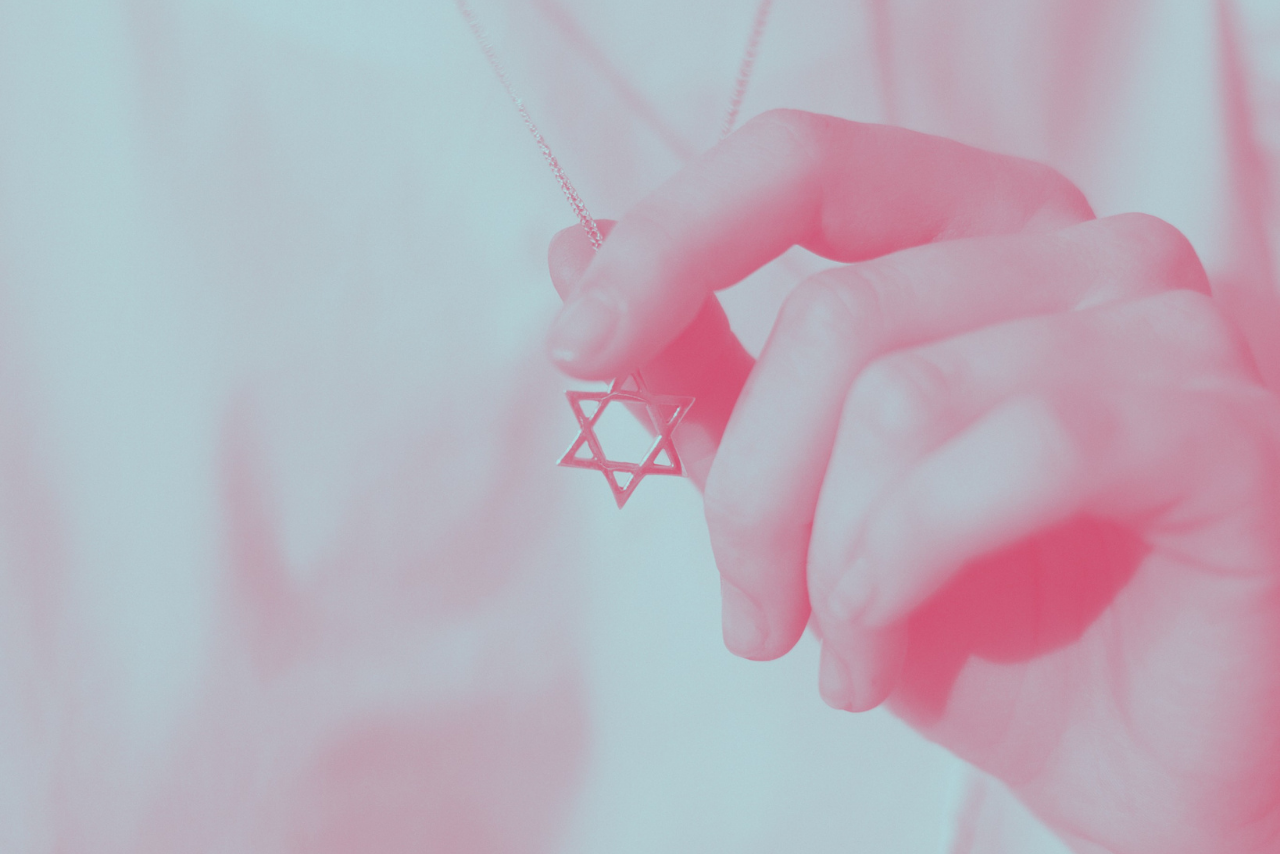On January 27, 1945, the Soviet army entered the Aushwitz-Birkenau concentration camp, freeing more than six thousand prisoners held by the Nazis. On November 1, 2005, 60 years after the liberation, the United States General Assembly designated January 27th as International Holocaust Remembrance Day to honor and commemorate the victims.
This year marks the 78th anniversary of International Holocaust Remembrance Day, and it is time to reflect on and honor the millions of lives lost to the Holocaust. One way to do this is by educating yourself and reading as many stories about it as possible. While there are many great Holocaust and World War II novels, it would be nearly impossible to read every book about the topic. Therefore, which ones should you read?
Nonfiction
The Diary of a Young Girl by Anne Frank
This is the story of a young Jewish girl named Anne Frank. After the Nazis invaded the Netherlands, the Frank family went into hiding for two years in the annex of her father’s business. During the family’s time in hiding, Anne wrote about her experiences. Many years later, people are still discussing her and reading her diary today. Anne’s diary changed people’s views about the world. By reading this diary, her words can inspire hope in you.
Eva’s Story: A Survivor’s Tale by the Step-Sister of Anne Frank by Eva Schloss
This is the story of Eva Schloss, Anne Frank’s step-sister. On Eva’s 15th birthday, she and her family were arrested and sent to Auschwitz. In this book, she narrates how she survived and what it means to be Anne Frank’s step-sister. What makes this book so important is that Eva is still alive today. There aren’t many survivors of the Holocaust left, so it is important to learn from them before they are all gone.
Man’s Search for Meaning by Viktor Frankl
Viktor Frankl was an Austrian psychiatrist who founded logotherapy. Logotherapy is the belief that the primary human drive is not pleasure but the pursuit of what we find meaningful. Man’s Search for Meaning is his firsthand account of his life in a Nazi death camp and how his experiences influenced his work and his foundational psychological theory of logotherapy.
This is by far the most popular Holocaust novel ever written, and for a good reason. Like the book by Eva Schloss, Night gives a powerful firsthand account of the horrors Wiesel faced as a concentration camp prisoner and how he lost everything: his home, family, innocence and faith. If you are looking for a book that will stick in your mind for a long time, Night is the perfect book for you.
Historical Fiction
The Book Thief by Markus Zusak
Ideally, you want to go into this book without knowing too much about it. However, if you are curious, The Book Thief takes place in Germany in 1939. It tells the story of Liesel, an orphan girl who arrives at the home of her new foster parents, who just so happen to be hiding a Jew. It is important to note that the narrator of this story is Death. Death’s addition to the book makes this book unique and makes the reader think about the world differently.
After the events of Pearl Harbor, the U.S. government forced thousands of Japanese-Americans into incarceration camps. This story follows a tight-knit group of fourteen young second-generation Japanese American citizens (Nisei) and their experiences in these incarceration camps. We are Not Free is a story about family, sacrifice, patriotism, and resilience. While this book is listed as historical fiction, the events were inspired by the author’s family history. Unfortunately, there aren’t many books that discuss the Japanese incarceration camps. By reading this book, you can learn more about this dark time in American and Japanese history.
Between Shades of Grey by Ruta Sepetys
Between Shades of Grey is about an ordinary Lithuanian girl named Lina. One night, Soviet troops storm her house and deport her, her mother, and her younger brother hundreds of miles to one of Stalin’s Siberian work camps to serve hard labor in unimaginable conditions. This book gives a powerful example of another part of the Holocaust that isn’t talked about as much: Stalin’s Siberian work camps.
They Went Left by Monica Hesse
They Went Left follows Zofia Lederman, an eighteen-year-old survivor of the Gross-Rosen concentration camp. Three years before, she and her younger brother were the only members of their family to survive and escape a tragic death. After liberation, Zofia is on a mission to find her brother. This heartbreaking book balances the question of how survivors should rebuild their lives after losing everything.
“Those who cannot remember the past are condemned to repeat it.”
George Santayana, Spanish-American philosopher, 1905
It is easy for people today to forget about the Holocaust because it happened so long ago. But history has a strong tendency to repeat itself, and usually not in a good way. Therefore, Holocaust Remembrance Day is more critical today than ever. By reading and educating ourselves on the Holocaust, we can prevent repeating this horrific event in the world’s history.



